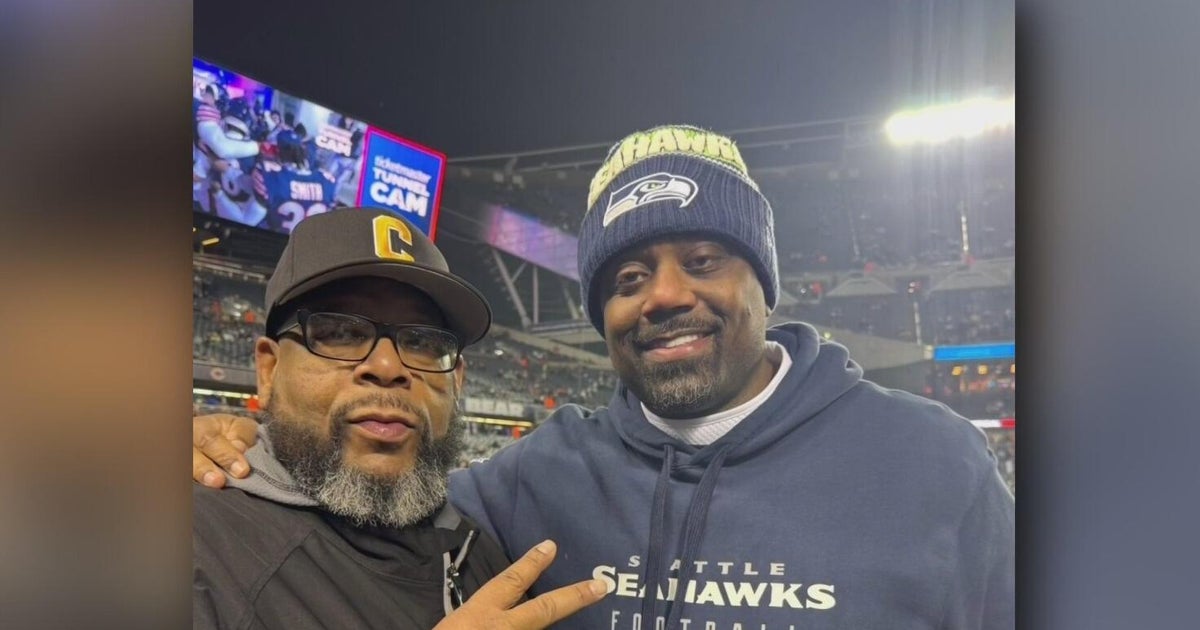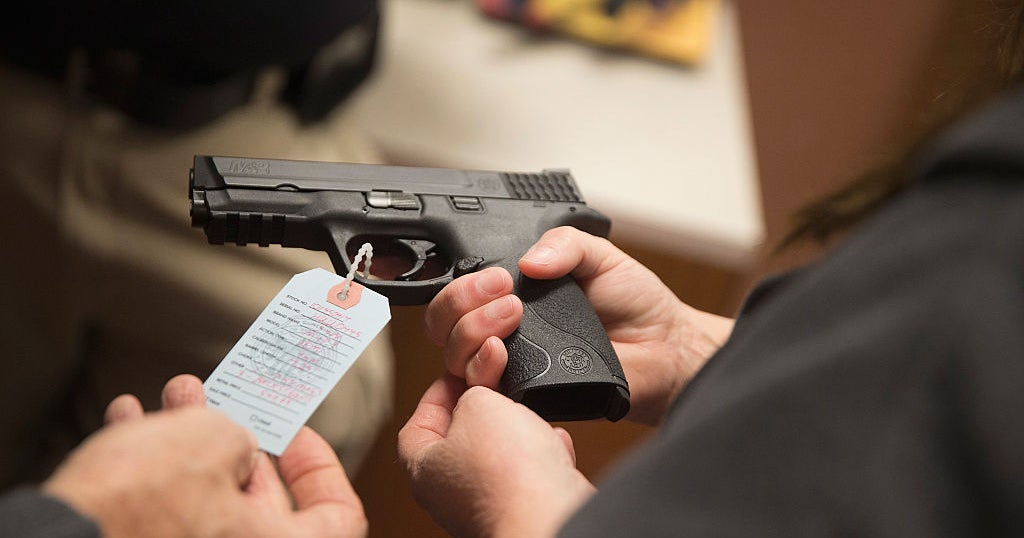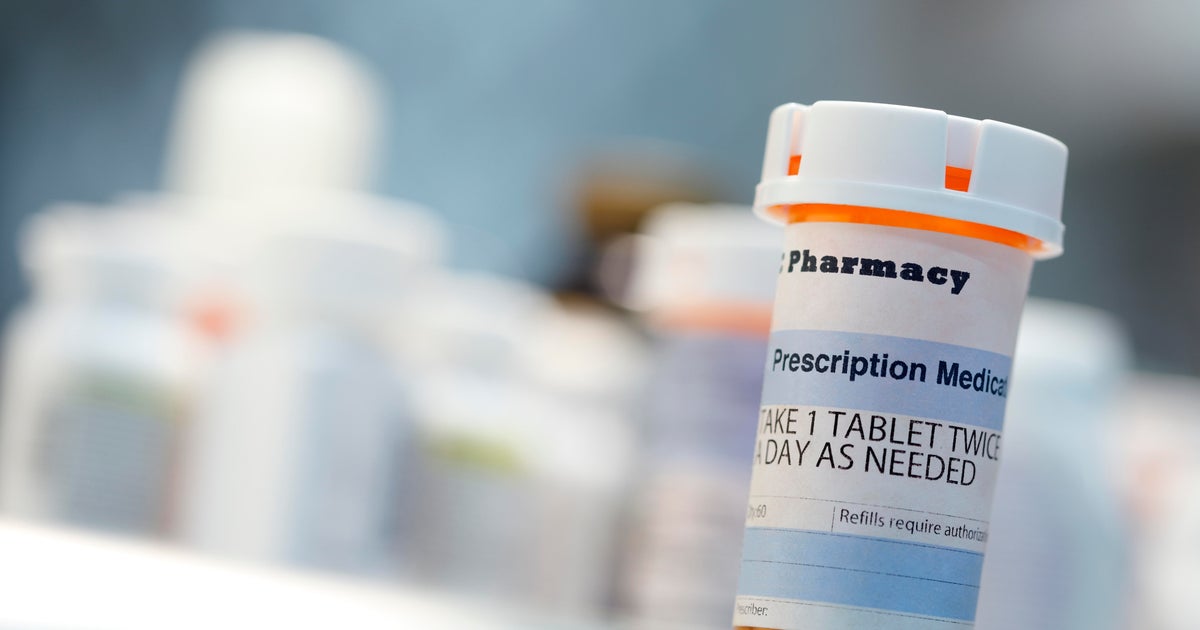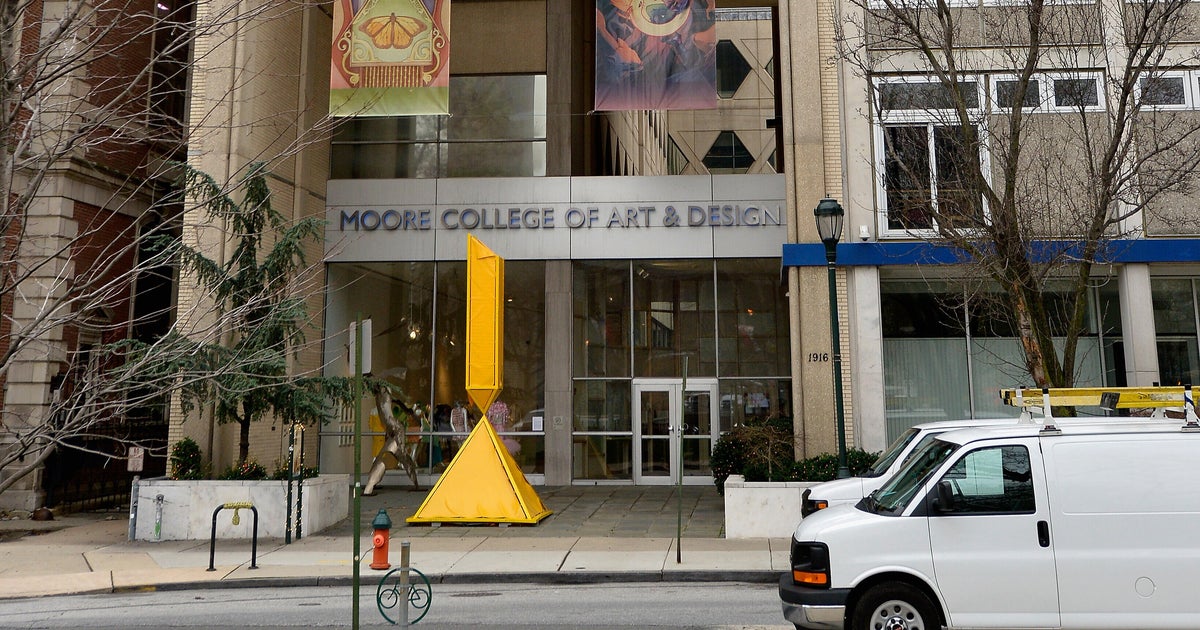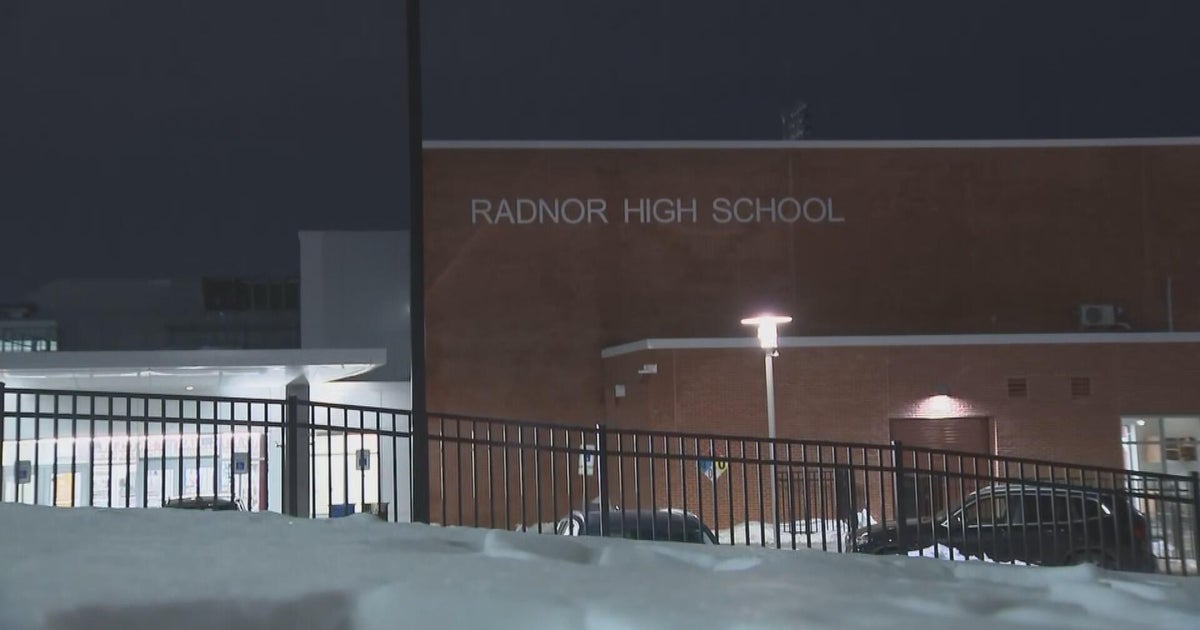High Demand: First Marijuana Clinic Opens In Chicago
CHICAGO (CBS) -- Less than a week since it was signed into law, the state's first medical marijuana clinic has opened its doors and already the demand is high.
CBS 2's Chris Martinez reports that the clinic in Wicker Park has received over 1,000 calls since Gov. Quinn signed the law last Thursday, creating the clinics that allow people to get prescriptions for marijuana.
Tammi Jacobi is the owner of Good Intentions, 1723 North Ashland Ave., the first medical marijuana clinic in the state. The clinic is so new that the exam rooms aren't fully ready, but the patients are.
They were there to start the application process to eventually obtain the drug legally.
Marijuana won't be handed out here--only prescriptions and only if a patient's illness is one of 35 covered by the new law.
Sidney Lee Morgan was first diagnosed with glaucoma, a disease that affects the optic nerve, in 1997. He would qualify for a marijuana prescription.
He currently takes three medications, which he said causes side effects. Marijuana, he said, has no side effects and it will treat his symptoms. Marijuana is known to reduce eye pressure, but it's long-term benefits have been debated.
"We see people saying, 'I want to stop taking these pills,'" said Jacobi. "I see it all the time."
Jacobi said nearly every person seen on Wednesday meets state standards so far.
"The biggest complaint I hear against the medical marijuana laws is that they're going to be abused. Even if that's the case, that doesn't mean that people who have the right to it shouldn't be able to get it."
According to the Medical Marijuana Policy Project, the Illinois law, which doesn't actually take effect until Jan. 1, would cover prescriptions for: cancer; glaucoma; HIV/AIDS; hepatitis C; amyotrophic lateral
sclerosis (ALS); Crohn's disease; agitation of Alzheimer's disease; cachexia/wasting syndrome; muscular
dystrophy; severe fibromyalgia; spinal cord disease; Tarlov cysts; hydromyelia; syringomyelia; spinal
cord injury; traumatic brain injury and post-concussion syndrome; multiple sclerosis; Arnold Chiari
malformation; spinocerebellar ataxia (SCA); Parkinson's disease; Tourette's syndrome; myoclonus; dystonia; reflex sympathetic dystrophy (RSD); causalgia; CRPS; neurofibromatosis; chronic inflammatory demyelinating p
olyneuropathy; Sjogren's syndrome; lupus; interstitial cystitis; myastheniagravis; hydrocephalus; nail patella syndrome; residual limb pain.
The law will allow registered patients to obtain up to 2.5 ounces of medical marijuana every two
weeks from a dispensary the patient specifies during the application process.

